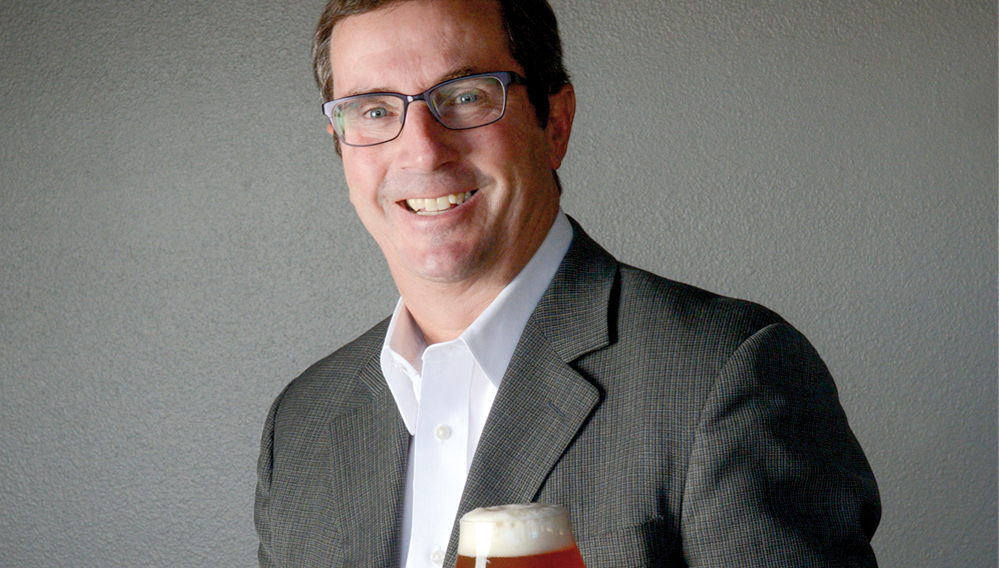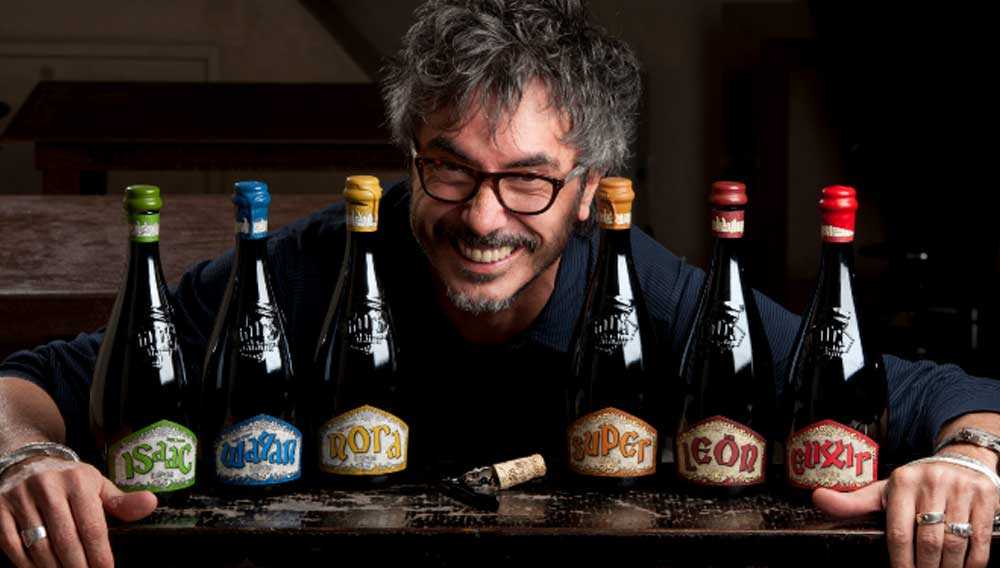
Prolonged weakness | Beer is the most popular alcoholic beverage in Japan. Though, the overall beer industry is registering decline in volumes year after year for a number of reasons. The first brewery to serve the Japanese market was founded in 1869 in the international port town of Yokohama by a foreign businessman. After changes in ownership in 1888, the brewery started producing Kirin-branded beers. BRAUWELT International presents an overview of one of the largest Asian beer markets in this article.

Weakening boom | Craft beer is a genuine success story. US craft brewers have become accustomed to double-digit growth rates for years. But it won’t go on like this forever. Despite of further growth the boom is slowing down. Is there any real cause for concern? BRAUWELT International author Horst Dornbusch spoke with Bob Pease, CEO of the Brewers Association, Boulder, USA, about current issues and future challenges for Craft Brewers.
The Neutraubling-based company continued its stable growth in 2017. Revenue increased 8.8 per cent year-on-year from EUR 3,391 million to EUR 3,691 million. Adjusted for acquisitions, revenue was up 7.2 per cent year-on-year. Order intake was up 10.0 per cent year-on-year to EUR 3,787 million in 2017. Adjusted for acquisitions, the increase was 7.1 per cent. At the end of 2017, the company had orders on hand totalling EUR 1,240 million, which is 8.3 per cent more than the previous year.
Beer in Germany | Have a guess: how long do you need to work for a bottle of beer in Germany? Even on minimum wage it’s only four minutes. Our spectacularly low beer prices in the off-premise are great for consumers, but catastrophic for brewers. Nearly all brewers battle with declining volumes, aggressive retailers and dwindling profits. Premiumisation would be a way out but few have the courage to go down that path.
Hungry for more | With a population of more than 94 million, with a median age of 30.9 years, rising disposable income and huge popularity of beers, Vietnam has emerged as the largest Southeast Asian beer producer and consumer. Explosive growth in beer consumption has put the country on the radar of international brewers. The country’s beer market grew at a compound annual growth rate (CAGR) of about seven per cent from 1999 to 2015 and reached in the proximity of four billion litres in 2016.
A new beer has been introduced to the market and will be sold in 32 countries around the world. The beer is a limited release offering and was conjured into existence by two legendary breweries: the Staatsbrauerei Weihenstephan, the oldest brewery in the world whose flagship beer is an award-winning weissbier, and US craft beer pioneer Sierra Nevada Brewing Company, whose flagship beer is an award-winning pale ale.
Now in its 10th year, the GABS Hottest 100 Aussie Craft Beer poll indicates the trends, brands and breweries shaping the craft beer industry. Described as “the largest and most influential people’s choice poll in the land,” this year’s poll attracted tens of thousands of craft beer lovers to vote for their five favourite craft beers.
Data provided by Morgan Stanley shows that the upcoming 2018 FIFA World Cup in Russia this summer could lift beer consumption. It estimates football fans’ impact on beer consumption at two percent. As a result, it expects that Russia’s beer market would grow during 2018, for the first time in a decade. Recently Anadolu Efes reported that beer consumption dropped in the low single digits in 2017.
Tequila remains in demand. Bacardi has agreed to buy out Patron Spirits International in a deal valuing the high-end tequila maker at USD 5.1 billion. Bacardi, the world’s largest private spirits business, already owns 30 percent of Patron, which it purchased in 2008 from businessman founder John Paul DeJoria, 73, who is equally famous for co-founding the shampoo company John Paul Mitchell Systems.
AB-InBev is thirsty for your dollar and data. The world’s number one brewer has acquired the Israeli beverage analytics start-up WeissBeerger, media reported on 26 January 2018.



